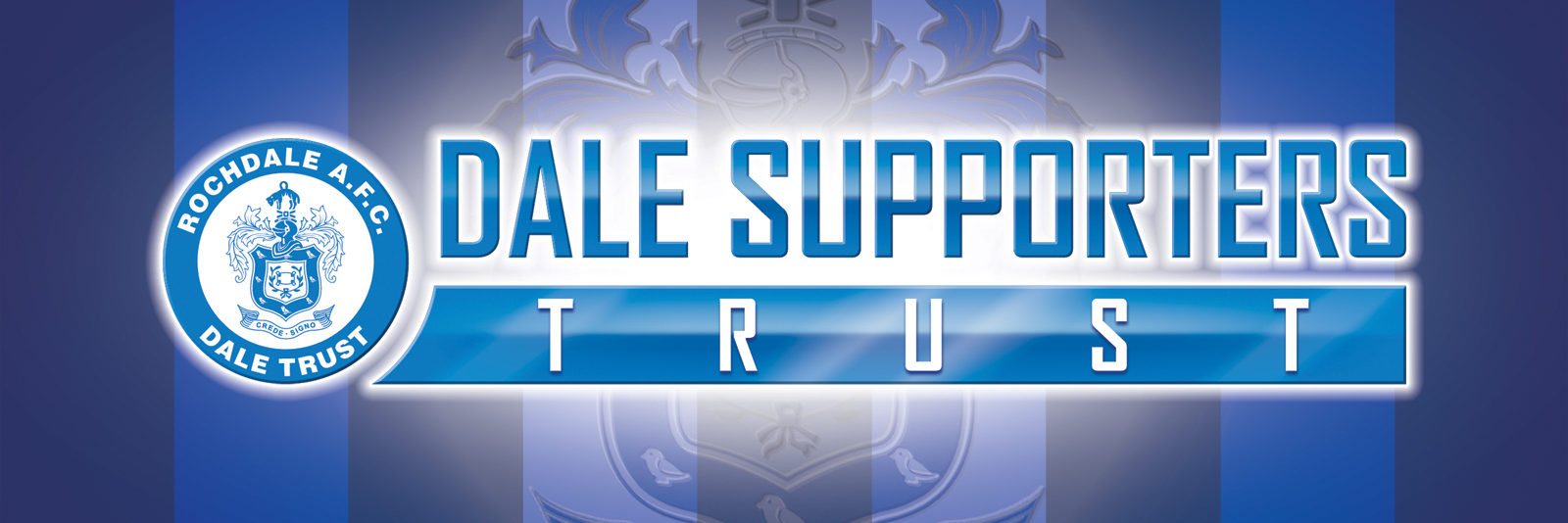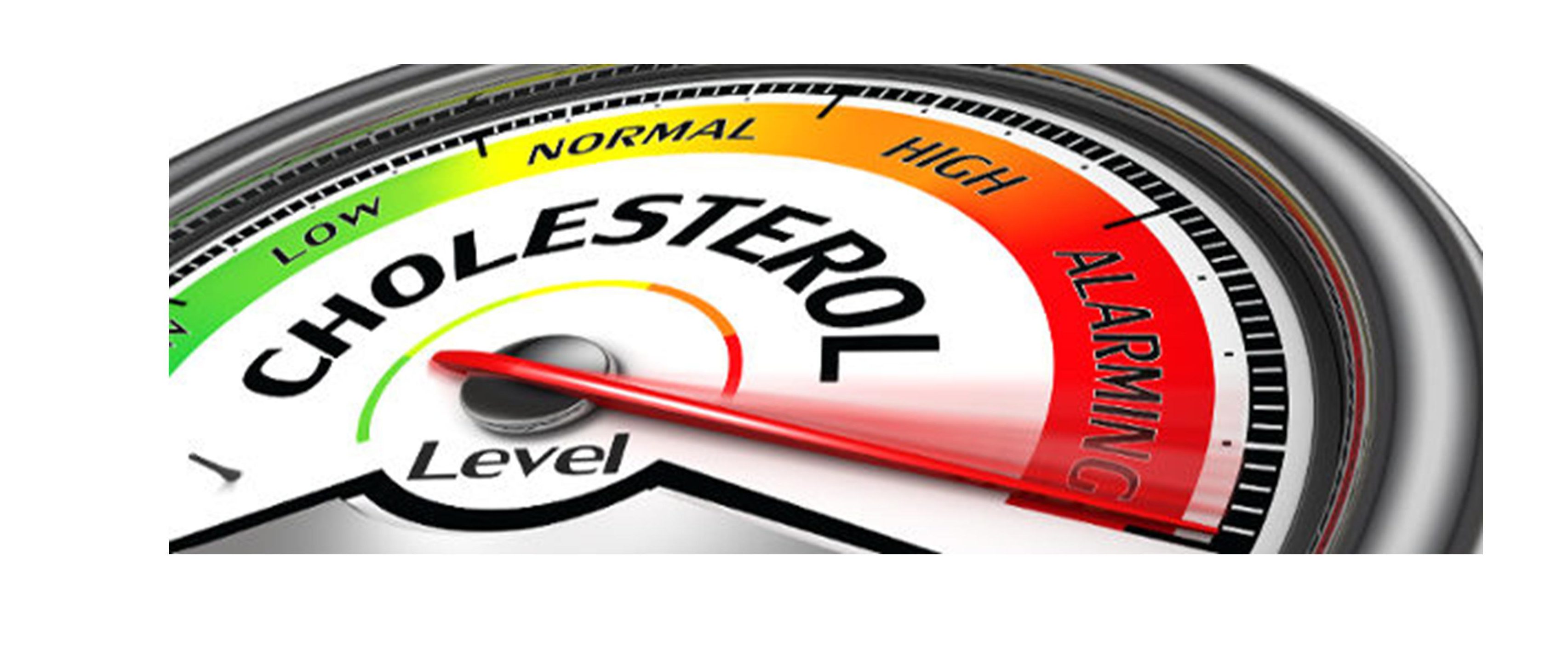
Cholesterol. What is it? Do YOU know what it is, do you know your level?
Over half of UK adults have raised cholesterol which can
lead to heart disease and other complications
As a trust welfare section we get asked to write on many subjects but recently it was suggested that we do a piece on Cholesterol, that’s your Cholesterol by the way, it seems to some a bit confusing. I will attempt here to help you understand your Cholesterol, well, we mean every ones cholesterol really,not just yours, why? well because we all have it, Cholesterol that is, and at times its levels can be such that its not really good for you and a real detriment to a person’s health.
AT THE END OF THE PIECE WE INCLUDE HELPLINES AND SITES FOR INFORMATION TO HELP LOWER YOUR CHOLESTEROL
But before we go any further,
if you are really worried about this subject we will put some contact numbers at the bottom, but like of the all the things we post,
if you are unsure about something with your self or with a family member,
something feels wrong, then consult your GP or a health professional at your Medical Practice
They really will not mind, its best to ALWAYS be safe than sorry.
———————————————————————————————————————–
“We need cholesterol for a healthy body to function,
yet we are constantly told to keep it low as it may contribute to serious health issues”
Confused ? well lets see if we can clear it up for you.
————————————————————————————————————————–
Ok, so do you know what Cholesterol is? …And if you do, do you understand it?…… Yes? …..Or is it a ”well not really” and if it’s the last one then you are not alone as it can be really confusing, so let’s have a go and understand it together, it may save your life!, and once understood we can look at ways to bring it to a correct level, and a more healthy level.
The British Heart Foundation (BHF) can be found HERE
Heart UK. A charity based on Cholesterol control and packed with information HERE
REDUCING YOUR CHOLESTEROL WITH THE NHS (Click HERE)
The Vegan Diet – NHS information HERE
I will keep it a simple as possible but for those who crave a bit more science with it I will add some more at the end of this piece which will go a little deeper into the subject.,
So, Part One of The Storey

Right, here we go, cholesterol is a fatty substance in our blood, which I think most of you will know that. Its made naturally inside us by the liver, so here’s a clue to a good question, “if its made in the Liver why is it bad for us?” Well everyone has cholesterol. We need it to stay healthy because every cell in our body uses it to function, surprised? well its true.
Puzzled?
Well don’t be because besides being made by us, some of this cholesterol comes from the food that we eat, and it is here things can go wrong, but let us explain.
There are two main types of cholesterol !–one is good and the other is bad.
So it is a game of goodies and baddies, a classic tale
Having too much bad cholesterol can cause problems. It can clog up your arteries, like the illustration above, clog the blood vessels that carry blood to all your major organs and If the arteries that carry blood to your heart, and arround your heart (The Coronary Arteries) get damaged and clogged, it can lead to a heart attack. If this clogging happens in the arteries that carry blood to your brain it can lead to a stroke and circulatory diseases, and though men you will not like this, it can clog the vessels to the penis with consequences of possible erectile dysfunction.
Earlier we said the body makes Cholesterol, as well as getting some from what we eat, lets clarify, the body makes the cholesterol we need, any additional fats in the diet can and do make things worse, so as in any classic goodie and baddie movie here we have Goodie cholesterol and a Baddie cholesterol, lets explain……..
There are two different types of FATS WHICH MAKE Cholesterol and for YOU they mean different things for Your health, but first some simple science.
Total Cholesterol as a substance is moved around your blood stream by proteins (Click HERE if you want info on Proteins) and when the cholesterol (from wherever it comes from) joins with the protein it makes something called “Lipoproteins” lipo you will recognise as another description for fat, any way there are two main types of these things called lipoproteins, one is Good (the goodies in our story) and bad (oddly enough, the baddies in the story) and its these together, the good and the bad when joined make what we generally call “Our cholesterol” or our “Total Cholesterol, so to be clear, when we talk cholesterol in general we are meaning both, good and bad.
Ok, lets talk about the goodie in the story. The good Cholesterol, often mentioned on food cans, leaflets and information brochures and is often refered to as HDL, your health professional may have talked about it in the past, but its an abbreviation for what Doctors call “High-density lipoproteins/HDL cholesterol, and its the goodie in the story. It takes cholesterol you do not need back to your liver which works really hard and breaks it all down so it can be passed out through normal channels from your body, hence why it’s called good cholesterol because it gets to grips with “bad” cholesterol and gets it out of your blood stream and obviously your arteries and veins, and we really want this to happen
But every story has a baddie and we have one in this story, and its called, by the medics and health professionals, none-HDL cholesterol, or to give it its full title “Non-high-density lipoproteins or often abbreviated as “Non-HDL cholesterol and this like its chum above is made also by the liver and is bad for the simple reason that if you have to much of this it just gets stuck to the walls of your arteries, remember on telly hearing about people’s arteries “furring up” well this chap does just that, and that is really not good news at all.

So as I mentioned above your cholesterol is your good stuff, the HDL and your bad stuff, your bad non-HDL cholesterol together! Get the picture?, so for us to be healthy, to have a healthy heart and circulation it’s the health professionals aim that we ALL have a low non-HDL (The Baddie) level and a higher HDL (GOODIE) LEVEL

OK, so you get the picture now? well thats not the end of it
It’s a sad fact that todays living, high pressure environment’s and fast foods all bring problems and especially to all aspects of our life, and diet, and exercise coupled with smoking, if not addressed will almost certainly aid the baddie, the low non-HDL and make it worse so increasing our chances of very serious illness and possible death.
By subscribing to a diet that increases our saturated fats or trans fats we will increase the bad cholesterol.
 Ok, so we are now on to something called “Trans Fats” and its important you understand this
Ok, so we are now on to something called “Trans Fats” and its important you understand this
Trans fats or saturated fats are found in many of our products we buy regularly, biscuits, sweets burgers etc, the full definition of trans fats is this as described on the (NHS FORUM click here) and “Trans-fats are artificially created fats used in the manufacture of foods. They increase shelf life and the flavour-stability of foods. They are also often found in fast food, cakes and biscuits.” so now you know, things done to make things we like are actually bad for us if taken in excess. As an aside some countries have banned there use, again click HERE to read more information.
Cholesterol levels can fluctuate in a person depending on their lifestyle and eating habits, we make it worse by eating to much of the wrong foods, as humans we compound this problem by a tendency to not exercise and if you’re a smoker your just making things disastrous.
Lets make no bones about this, uncontrolled high baddie cholesterol levels will contribute to serious health issues and even death, WE NEED TO GET IT SORTED, and we can

Getting a cholesterol test, read HERE for guidance by the NHS
Ok, I said I would put a bit more meat on the bone of the information and go slightly deeper with a bit more info
The following may at times seem to contradict a little on what is written above but you will by the end hopefully have a better picture.
We will also explain how cholesterol is tested and signpost you to good living sites to help you help yourselves lower your cholesterol,
but as we state above before you make major modifications to diet and exercise a chat with your GP or practice nurse is advised
Ok, to recap and add some additional info
Difference between Good and Bad Cholesterol
Do you remember?
There is no such thing as good cholesterol or bad cholesterol, yes I know we identified goodies and baddies above but we explained that the two constituents make what is generally covered by the word, Cholesterol. High levels of cholesterol and Low-density lipoproteins (LDL) are considered to have a bad effect on the body, remember that from above? While, low levels of cholesterol and high levels of high-density lipoproteins protect the heart against diseases, remember that? LDL are responsible for carrying cholesterol from the liver to the blood stream, while HDL are responsible for carrying cholesterol from the blood stream to the liver.
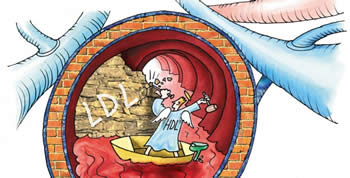
The significant rise of obesity in the world has caused people to stop eating certain foods and for convenience have an intake of certain other kinds of food which is undesirable due to the cholesterol present in that food. Many people are also shifting to vegan or vegetarian diets to limit the intake of bad cholesterol in their diet (please consult your health professional or nutritionist for guidance if this is an area you want to go to, but for information on Vegan diets visit HERE). This is mainly because of the shift to eating healthier and living a healthier life. Many such people do no understand that cholesterol is an important component and is required by body cells for producing other essential substances such as Pre-vitamin D, Testosterone, Estrogen, Progesterone, etc. Completely cutting out cholesterol is bad, also cholesterol itself is not bad., confused again? Ok, Let’s understand this further.
There is no good cholesterol or bad cholesterol; there is only cholesterol. The terms good cholesterol and bad cholesterol comes from the transport systems or the proteins that transport the cholesterol between the liver and the bloodstream. These are known as high-density lipoprotein and low-density lipoprotein. The two protein molecules are carriers for the cholesterol.
Cholesterol is a waxy fat-like substance that is produced in the liver and is essential for the production of different substances in the body. In addition to being produced by the liver, cholesterol is also found in other foods that are consumed such as poultry, meat, dairy products, etc.
Our bodies requires a limited amount of cholesterol, which ironically also helps digest fat. However, high amounts of cholesterol prove to become deadly by increasing chances of diseases. Since, cholesterol cannot be digested; it remains in the blood stream, it stays stuck to YOUR ARTERIES AND VEINS.
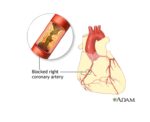
Now, protein is responsible for the transfer of the cholesterol to the blood stream and from the blood stream to the liver, where it is disposed off. High-density lipoprotein molecules are responsible for transporting the cholesterol from the blood stream and tissues to the liver, while Low-density lipoprotein is responsible from transporting the cholesterol from the liver to the blood stream and different tissues.
The amount of cholesterol present in the blood stream determines the blood cholesterol level of the person. Each person should have a significant amount of HDL and LDL in the body. Higher and lower levels of both disrupt the stabilization of the internal system, AND IT IS THIS THAT YOUR CHOLESTEROL CHECK WILL LOOK AT
Now, if a person lives a laid-back life and dines on fatty, high-cholesterol foods, then the person has a higher level of blood cholesterol and higher levels of LDL in the system. More cholesterol is added to the blood stream, which flows with the blood through the veins and gets deposited near arteries. These cholesterol deposits harden to become plague constricting blood flow through that vein or artery.
If a person lives a healthy life style with low-cholesterol diet, then they have a moderate level of blood cholesterol and higher levels of HDL. The excess cholesterol is carried to the liver and disposed off properly. The less cholesterol in the system means less will get deposited in the veins and arteries.
It is often confusing for many people who have high levels of cholesterol to know exactly what actually is high in relation to them and their own cholesterol. Any fatty foods are often high cholesterol. However, if skin is removed from meat, then the meat has moderate amounts of consumable cholesterol. Low cholesterol diets can also include fruits and vegetables, which also have low amounts of cholesterol. It is not always sensible to follow a trend, without first consult their doctors and nutritionists before completely changing their diets and lifestyles. Some people may not even have high levels of cholesterol and may never have in the future, but still suffer circulatory disease!
Ok, that’s the slightly serious bit,
lets see how we can help ourselves, but in case you do want information now
click HERE for available NHS information
Prevention, how to get a lower cholesterol level which will bring a healthy you to the fore
Right, Diet, not a word we like to use, but essential if you want to lower cholesterol
If you have an unhealthy diet high in fat, fatty plaques are much more likely to build up in your arteries. This is because fatty foods contain cholesterol.
There are 2 types of fat: saturated and unsaturated. You should avoid foods containing saturated fats, as they’ll increase the levels of “bad cholesterol” (low-density lipoprotein, or LDL), (yes the baddie in the story) in your blood.
For example, Foods high in saturated fat include:
- meat pies
- sausages and fatty cuts of meat
- butter
- ghee – a type of butter often used in Indian cooking
- lard
- cream
- hard cheese
- cakes and biscuits
- food that contains coconut or palm oil
But it’s not healthy to completely cut all types of fat from your diet. It’s important to replace saturated fats with unsaturated fats.
They have been shown to increase levels of “good cholesterol” (high-density lipoprotein, or HDL) (remember? the goodie in the story) and reduce any blockages in your arteries.
Foods high in unsaturated fat include:
- oily fish – such as mackerel, salmon and sardines
- avocados
- nuts and seeds
- sunflower, rapeseed and olive oil
Read the facts about fat HERE and how to eat less saturated fat HERE for more information.
A low-fat diet that includes lots of fibre, such as whole grain rice, bread and pasta, and plenty of fruit and vegetables has also been shown to help lower cholesterol.
Fruit and vegetables are full of vitamins, minerals and fibre, and help keep your body in good condition. Aim to eat 5 80g portions of fruit and vegetables every day.
Read more about healthy eating HERE
And visit Heart UK’S web page for TASTY RECIPES designed to help with lower cholesterol HERE
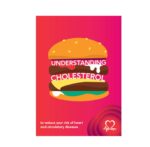
Click HERE to access or print the British Heart Foundation pamphlet above on understanding Cholesterol, also the BHF website has much more uptodate thinking and articles, visit the site, its worth the read.
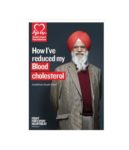
Click HERE to download or print the above British Heart Foundation Pamphlet
on “Reducing my blood cholesterol”
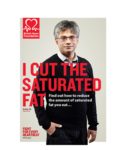
Click HERE to down load or print the above British Heart Foundation pamphlet on “Cutting Down On Saturated Fat”
The Trust is grateful to several organisations for help and advice.
The British Heart Foundation (BHF) can be found HERE
Heart UK. A charity based solely on Cholesterol control and packed with information HERE
REDUCING YOUR CHOLESTEROL WITH THE NHS (Click HERE)
The Vegan Diet. NHS advice HERE
PLEASE NOTE, THE TRUST DOES NOT ADVOCATE ANY SPECIAL DIET OVER OTHERS BUT PUBLISHES FOR INFORMATION ONLY.
At all time we strongly recommend you discuss any major changes to your life style with your GP, pharmacist or health professional before you make any major change
As always, the Trust welfare section has more information on related topics.
If you want to speak to one of the Trusts counsellors or one of our expert liaison staff in a confidential manner then contact us as below
They are Confidential Contact Numbers
Email: welfare@daletrust.co.uk
Phone: 07795216741
We keep all calls and contacts confidential and you can be assured that your privacy will be respected, save the exception being should we be concerned for your safety and immediate wellbeing IN WHICH WE WILL FULLY INVOLVE YOU.
